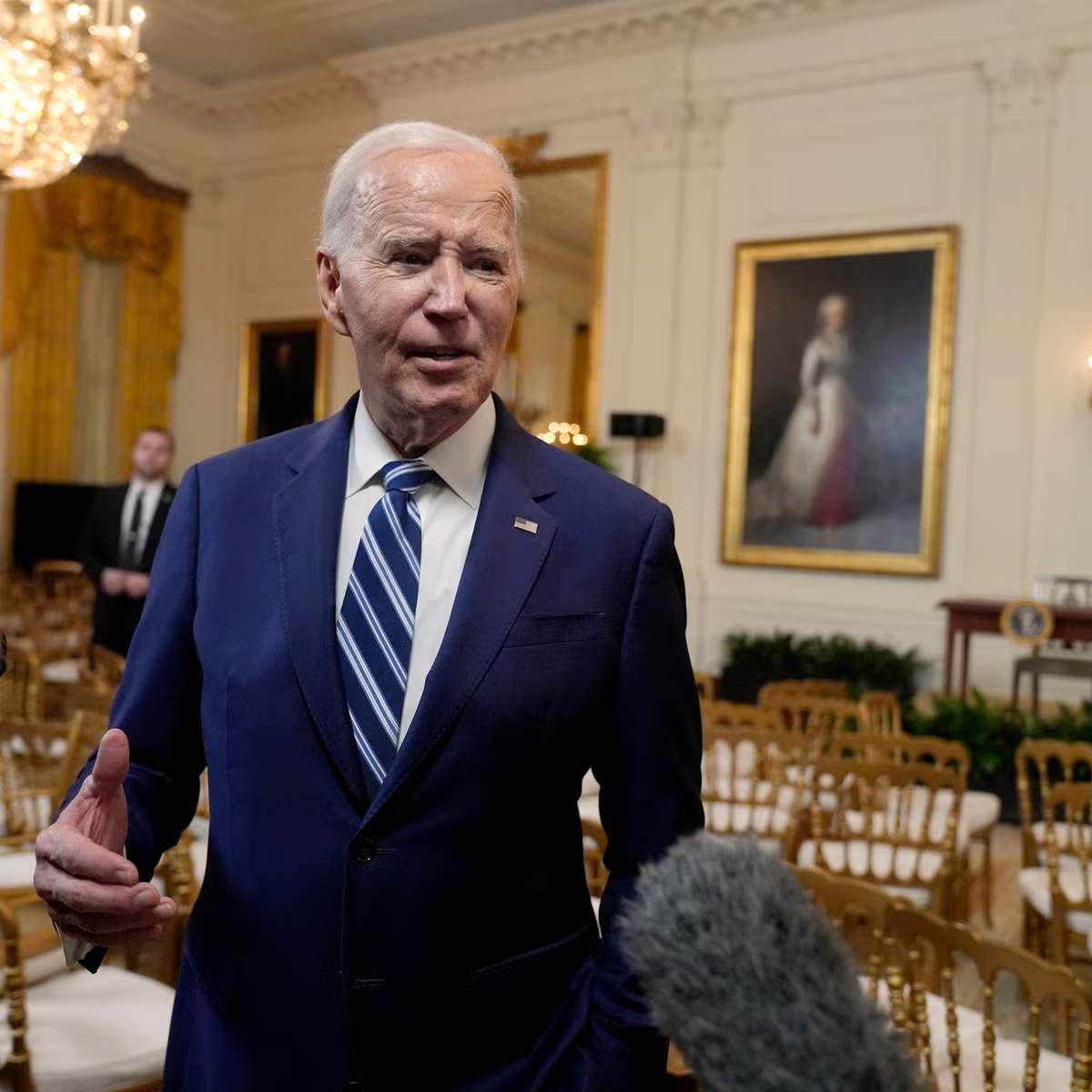U.S. Steel and Japan’s Nippon Steel have filed lawsuits against the U.S. government and other entities following the Biden administration’s decision to block their proposed $14.1 billion merger. The administration cited national security concerns as the basis for rejecting the deal, which would have created one of the world’s largest steel producers. This decision has sparked a legal battle that could have significant implications for the steel industry and foreign investment in critical U.S. sectors.
Background of the Merger
The proposed acquisition aimed to combine Nippon Steel’s advanced manufacturing capabilities with U.S. Steel’s domestic infrastructure, creating a global leader in steel production. The merger was intended to strengthen competitiveness in a market increasingly dominated by Chinese steel producers. However, the deal faced scrutiny from the Committee on Foreign Investment in the United States (CFIUS), a federal body tasked with assessing foreign acquisitions for potential risks to national security.
CFIUS raised concerns about foreign control over U.S. Steel, a company viewed as integral to critical industries such as defense and infrastructure. The Biden administration ultimately decided to block the merger, arguing that maintaining U.S. Steel under domestic ownership was essential for safeguarding national security.
Legal Challenges
The companies have launched two key lawsuits challenging the decision:
- Against the U.S. Government
U.S. Steel and Nippon Steel argue that the Biden administration’s decision was unconstitutional and driven by political motives rather than genuine security concerns. They claim the government violated due process and seek a reversal of the CFIUS ruling, as well as a transparent re-evaluation of the merger. - Against Cleveland-Cliffs and United Steelworkers Union
The companies allege that Cleveland-Cliffs, a rival steel producer, and the United Steelworkers union colluded to block the deal to preserve their own market dominance. This lawsuit accuses them of engaging in anti-competitive behavior, aiming to hinder the merger’s approval and maintain control over labor agreements and market share.
Political and Economic Context
The merger faced bipartisan opposition during the 2024 U.S. presidential election. Both President Biden and President-elect Donald Trump opposed the deal, emphasizing the importance of keeping U.S. Steel under American ownership to protect jobs and national interests. The United Steelworkers union also voiced strong resistance, citing concerns about potential disruptions to labor agreements and the loss of domestic manufacturing jobs.
This case underscores the broader debate about foreign investment in critical U.S. industries. While proponents of the merger argue that it would enhance global competitiveness and foster innovation, opponents warn of the risks associated with foreign control over assets crucial to national security.
Implications for the Steel Industry
The legal dispute raises significant questions about the future of cross-border mergers and acquisitions in industries deemed vital to national security. If the lawsuits succeed, they could set a precedent for how foreign investments are evaluated in the U.S., potentially easing restrictions on international partnerships. Conversely, if the Biden administration’s decision is upheld, it may reinforce stricter scrutiny on foreign acquisitions, particularly in sectors like steel, energy, and technology.
For U.S. Steel and Nippon Steel, the stakes are high. The merger represented a strategic opportunity to compete with global steel giants, particularly in light of rising demand for advanced steel products used in infrastructure and renewable energy projects. The outcome of these lawsuits will determine not only the future of the merger but also the trajectory of U.S. policies on foreign investment and industrial strategy.
Conclusion
The lawsuits filed by U.S. Steel and Nippon Steel reflect the challenges of balancing economic globalization with national security priorities. As the cases unfold, they will serve as a litmus test for how the U.S. navigates the complexities of foreign investment in critical industries. The implications extend beyond the steel sector, potentially influencing the broader landscape of international trade and industrial policy.





